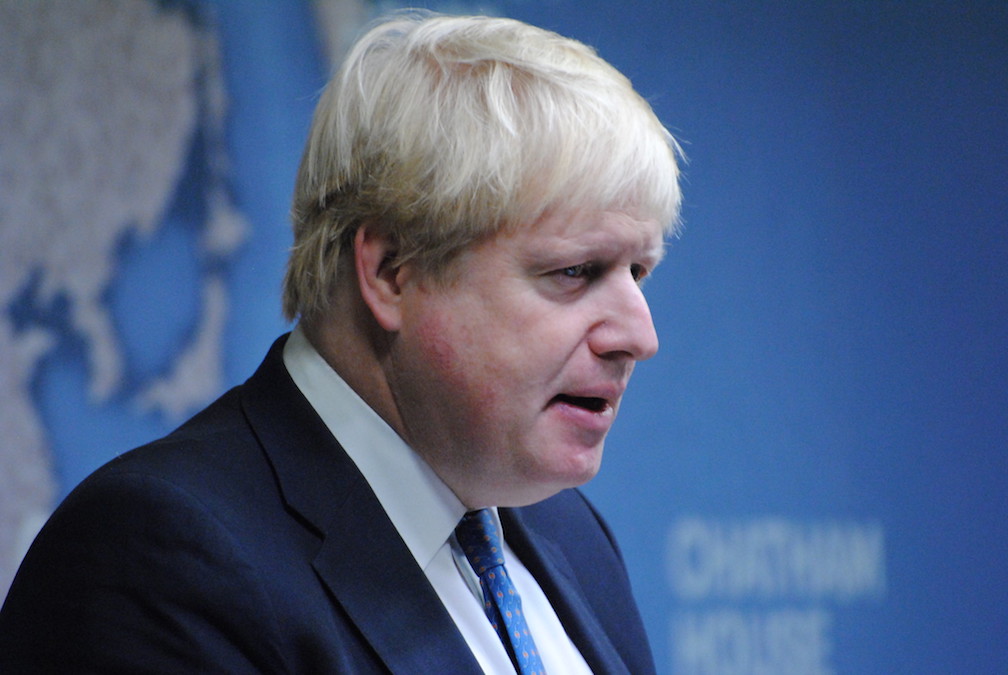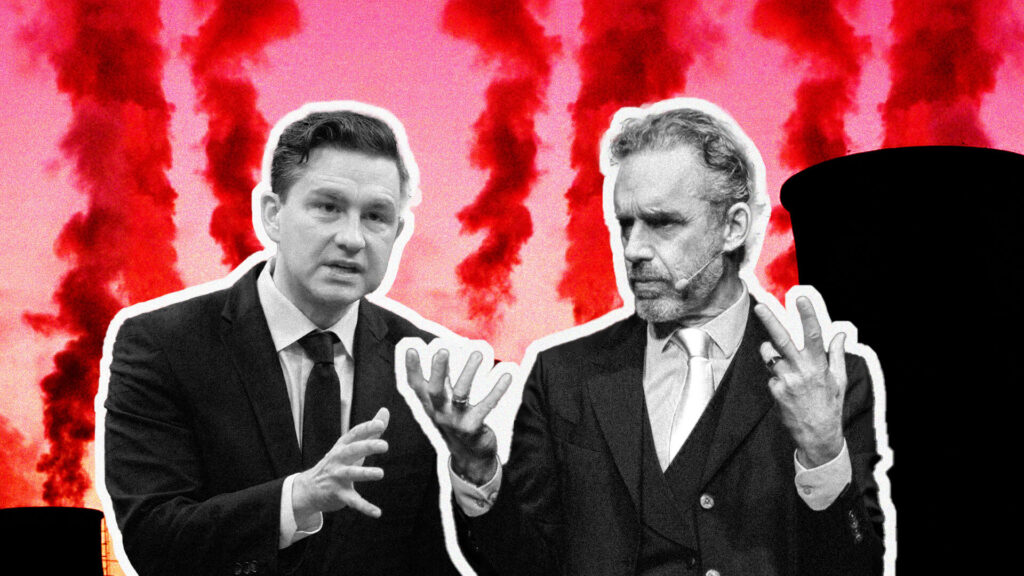With Boris Johnson sauntering into Downing Street having recrafted his own script from guffawing jester to grave populist, swathes of right-wing lobbyists have stealthed their way from the fringes of Westminster to the heart of government.
We know this, because we’ve been watching this slow erosion of democracy for years. In the time since the Brexit referendum, we and others have sought to uncover the connections of those now in the cabinet – the money and friendly relationships behind the big changes taking place in Britain.
A cursory glance at how their multitudinous ties overlap reveals a network of dark money, shady think tanks and overseas influence that now runs right through Whitehall. Cohesive strategies or motivations are hard to pin down, but the one binding factor between them is a foreign-influenced deregulatory agenda frequently couched within the rhetoric of national freedom and liberty.
While the links between Brexit interests and big business are extensive, much of this money and influence seems to pour through Matthew Elliott, the former Vote Leave chief exec who now finds himself holding the government’s purse strings. The Elliott example illustrates how power often stretches far out of public view.
Vote Leave in the cabinet
The most prominent of the incomers, thanks in part to his dramatisation by Benedict Cumberbatch earlier this year, is Johnson’s new chief of staff Dominic Cummings. His frequently-referenced libertarian ‘anarchic’ proclivities have gifted him a semi-mythic status as an enticing new Whitehall villain.
But perhaps more instructive in terms of understanding the path of this new government are those arrivals via thinktanks and pressure groups whose special interests lie in limiting the role of the same government they are now part of.
Desmog has detailed how several of the new Johnson cabinet are now being advised by ex-staff from what’s known as the Tufton Street network – a group of organisations linked through their use of the same building in Westminster, and ideologically aligned through their lobbying on behalf of business interests.
One notable member of the Tufton Street network is the Taxpayers’ Alliance, a low-tax, anti-regulation pressure group whose campaigning work has provided a training ground for many of those now in government.
The Taxpayer’s Alliance was founded in 2004 by Matthew Elliot, a man who was Cummings’ ex-boss on the Vote Leave campaign and has played a part in a slew of right-wing projects over the past decade, and who is now Sajid Javid’s advisor at the Treasury.
Elliott finds other ex-colleagues now in government too, including the Taxpayers’ Alliance’s former campaign manager Chloe Westley who is now Digital Advisor at Number 10, alongside many others from Vote Leave.
Trump towering
Through another of Elliott’s affiliates, Shanker Singham, there are links to the same deregulatory agenda which has swept through the US since Donald Trump came to power in 2016.
An investigation last year by Unearthed, Greenpeace’s investigative unit, revealed how Singham, via the prominent right-wing think thank the Institute of Economic Affairs (IEA), was willing to offer US agribusiness lobbyists access to prominent British politicians whilst also authoring research on their behalf. The IEA, it is distinctly unshocking to find, is funded by BP and the tobacco industry.
Start chipping away at the glossy paint and you find that much of the funding for these ‘independent reports’ on trade policy and campaigns for national sovereignty come from hedge funds, big business, and billionaire industrialists like the Koch brothers. Many of these same people are also infamous funders of climate science denial.
Lobbying, industry funding and dark money in politics are nothing new, but the dramatically-shifting terrain being offered by Brexit and a changing global order have opened up space for powerful foreign interests to make significant inroads in just a few years.
Fighting for more sovereignty is all very well, but you should know whose sovereignty it is you’re fighting for.
Image: CC-by-2.0 Flickr/Chatham House
Subscribe to our newsletter
Stay up to date with DeSmog news and alerts







